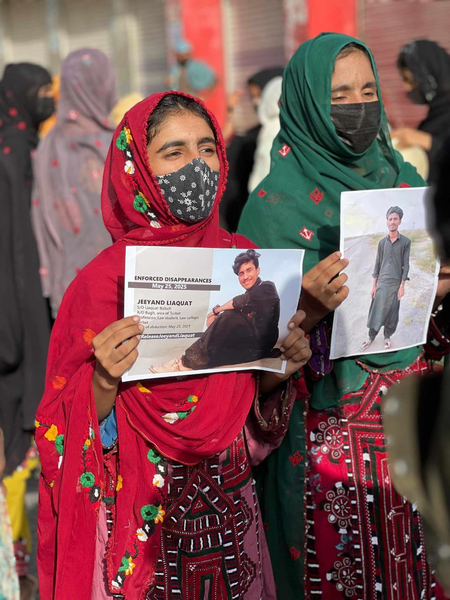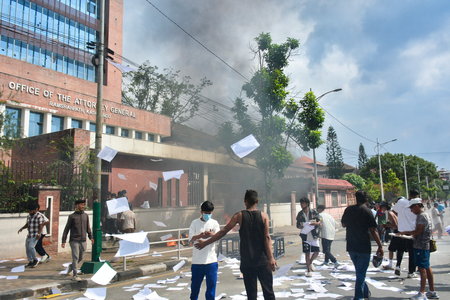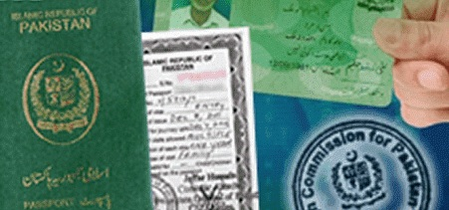
Quetta, Oct 16 (IANS) Enforced disappearances in Balochistan have become a normalised practice over decades, driven by the strained relationship between the resource-rich province of Pakistan and its central government, which relied heavily on security measures to suppress political demands, a report highlighted on Thursday.
Citing reports of domestic and international human rights organisations, it said that these disappearances are largely carried out by Pakistan’s military and intelligence services.
“In recent years, human rights monitors have continued to record large numbers of forced disappearances and extrajudicial killings. Even official bodies within Pakistan’s government have acknowledged the scale of the disaster. According to Pakistan’s Commission of Inquiry on Enforced Disappearances, about 3000 people have gone missing since 2011 in Balochistan,” a report in The Diplomat detailed.
“The Human Rights Council of Balochistan recorded 601 enforced disappearances and 525 killings in 2023, and 830 enforced disappearances and 480 killings in 2024 – of these 278 individuals could be identified, while the remaining 202 remained unidentified, highlighting the severe limitations in access, investigation, and accountability,” it added.
The report emphasised that many international human rights groups hold Pakistan’s paramilitary Frontier Corps and the Counter Terrorism Department (CTD) responsible for these abductions.
The Pakistan Army and Inter-Services Intelligence (ISI) shield these operations, exploiting sweeping counterterrorism powers granted under permissive state laws to detain suspects without formal charges and keep cases in secrecy.
“In Pakistan, the authorities routinely invoke the Anti-Terrorism Act, 1997 and public-order laws to detain protesters and rights defenders. In June 2025, the situation worsened, with Balochistan passing the Anti-Terrorism (Balochistan Amendment) Act, 2025, which inserted Section 11-EEEE, allowing the provincial government, a notified ‘detaining authority’ and, where Section 4 is invoked, the armed forces, civil armed forces, and intelligence agencies to order preventive detention for up to three months on ‘reasonable suspicion’,” the report stated.
“People detained under the laws will be held in designated detention centres. The amendment will be valid for six years and is extendable by another two years,” it added.
According to the report, the unfortunate reality is that the world remains largely silent on the issue. Human rights violations, it said, do not receive equal attention everywhere, and Balochistan is a glaring example.
The report said, UN Special Rapporteurs and working groups have raised alarm about “unrelenting use of enforced disappearances” in Balochistan, urging Pakistan to criminalise the practice, conduct an independent investigation, and ratify the International Convention for the Protection of All Persons from Enforced Disappearance.
“UN mechanisms issue recommendations and letters, but they can’t enforce compliance. Without a real political cost, such calls alone rarely motivated change or fix the problems,” it noted.
–IANS
scor/as




